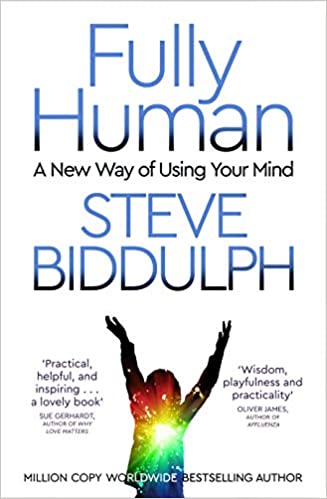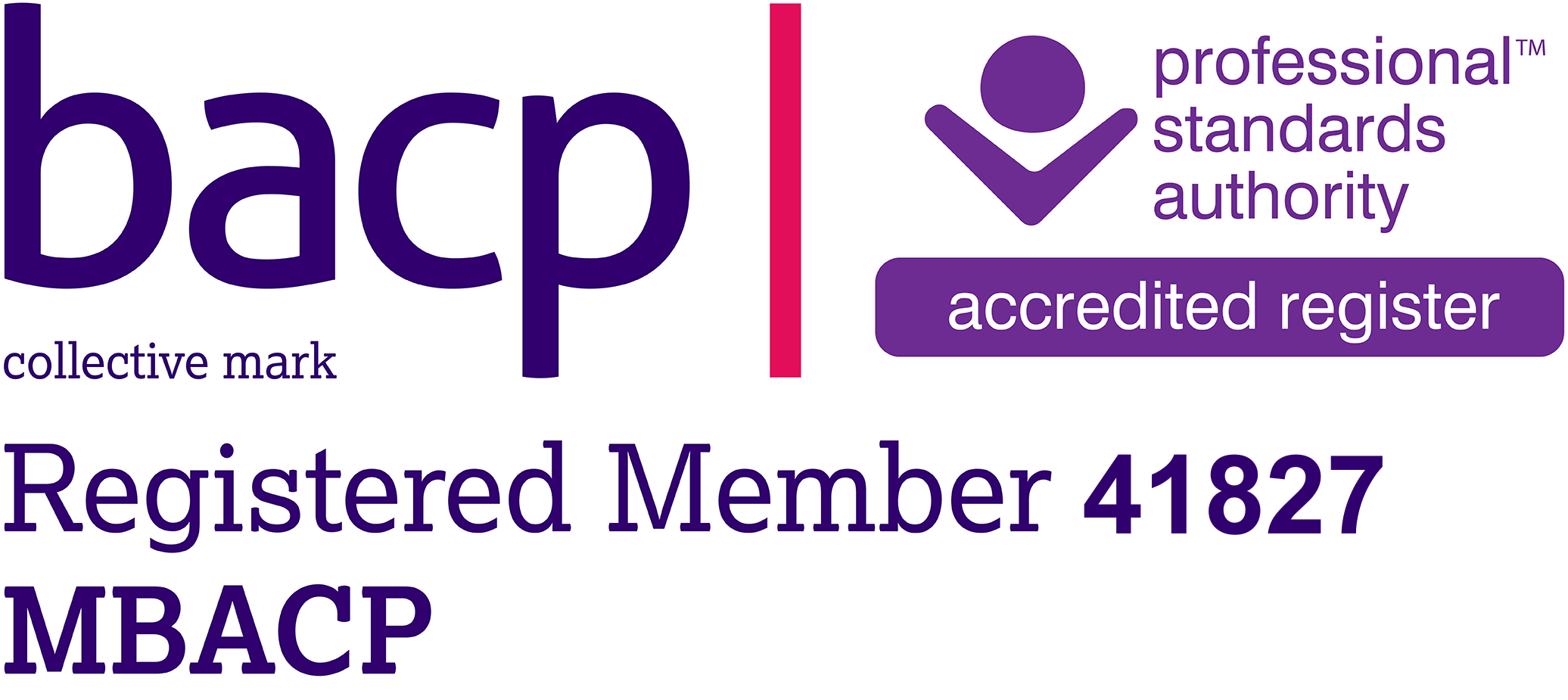You’ll probably find lots of different answers to this question, depending on who you ask or where you look – and there may well be people who disagree with my perspective.
For me, keeping it simple (which I do like to do!) and in my experience:
Coaching tends to focus on where you are now, what you want to change or achieve, how you’re going to get there and the behaviour you want to change and/or action you need to take to get there.
The counselling process, on the other hand, tends to be more about how you are now, exploring thoughts and feelings and understanding how these might have developed over the years.
High quality coaching doesn’t ignore the thoughts, feelings, sense of identity and past experiences that often get in the way of us moving forward towards what we want – or just enjoying the moment here and now. NLP (Neuro-Linguistic Programming) is a good example of the ways in which these aspects can be blended.
And effective counselling explores not just the past and the present, but also the future that the client imagines for themselves and supports them in trying out different behaviours and working towards something different, if they so choose. CBT (Cognitive Behavioural Therapy) can be a really good way of approaching this.

So I think, done well, both processes are rooted in:
- enhancing self-awareness
- talking things through
- exploring and challenging previously-held beliefs about ourselves, others and the world
- being open to the possibility of change
- accepting who we are, and what is, to the extent in which that is helpful and healthy
- and making (different) choices for the rest
That’s why I offer coaching and counselling separately, if that’s what my client wants but, mostly, I work integratively – blending my knowledge, skills and experience of both to help people address whatever they want to /need to in their past, present and future.

